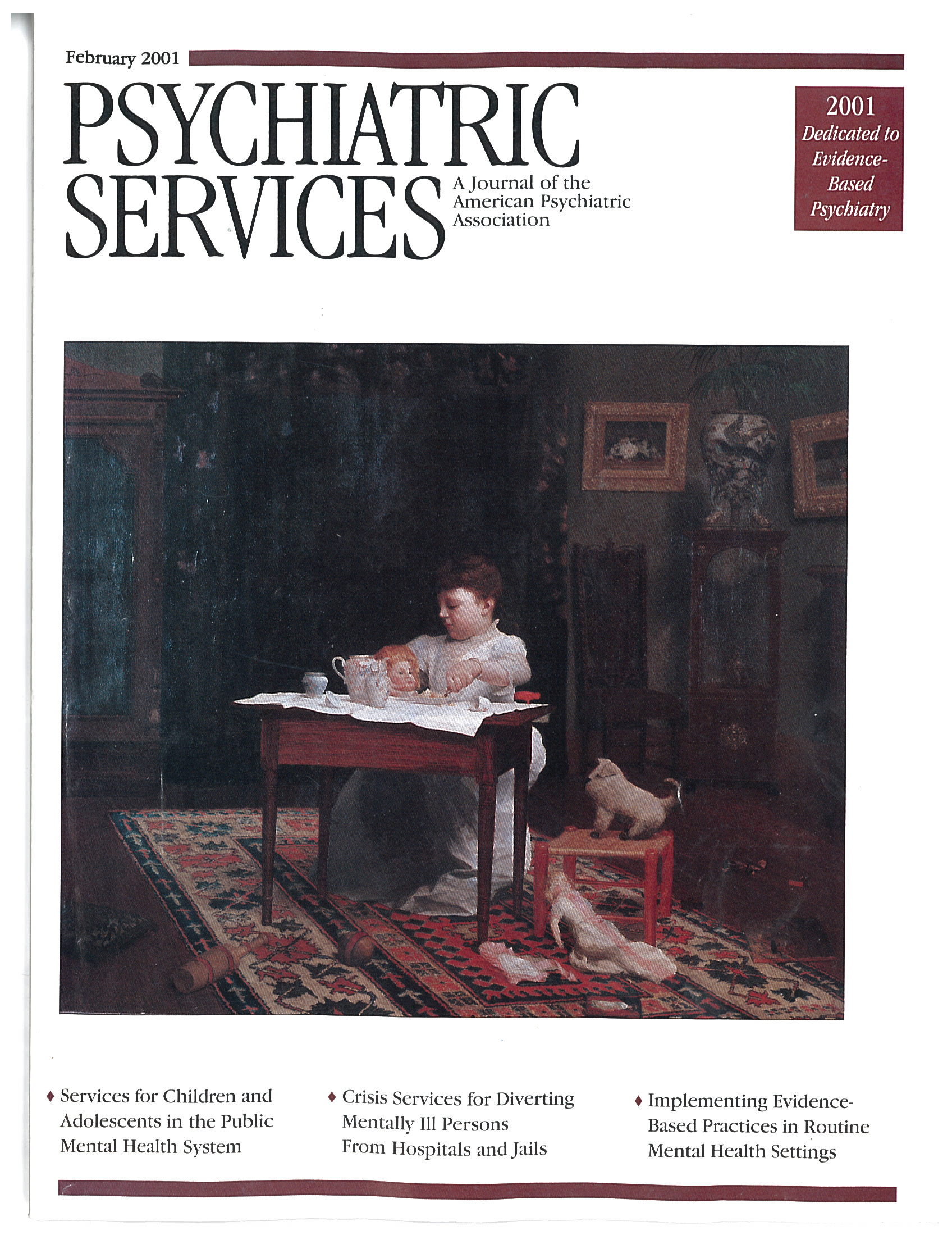Personality Characteristics of Patients With Pain
For centuries theorists, clinicians, and researchers have attempted to describe, understand, quantify, and treat pain. How personality affects the presentation and course of chronic pain is among the most complex and challenging issues for health care practitioners. Personality Characteristics of Patients With Pain covers in superb detail the important issues faced by those who attempt to assess and explain how patients perceive and cope with pain and stress. The editors, themselves clinicians and clinical researchers who have extensive experience working with patients with personality disorders and those with chronic pain, have assembled a group of experts to contribute to this volume. They have produced a very readable summary of this field.
The book begins with the editors' overview of the theories developed to explain pain and a discussion of the importance of evaluating personality to predict more reliably the clinical course of chronic pain and the efficacy of treatments. The book is divided into four parts. The first covers early approaches to the study of pain and personality, with chapters on psychoanalytic ideas and psychometric testing. Part 2 describes advances in personality testing of patients with chronic pain. The third part addresses nonpathological personality characteristics of pain, and part 4 is on personality disorders and chronic pain.
All four sections of the book should be required reading for practitioners in any discipline who are considering initiating or participating in behavioral research on patients with pain. Two excellent chapters written by the volume editors will be especially helpful to practicing psychiatrists or psychiatric residents who may not plan to specialize in the treatment of patients with pain but will certainly encounter patients who are struggling with pain and the resulting physical, emotional, and psychosocial consequences. Dr. Weisberg's chapter, "Studies Investigating the Prevalence of Personality Disorders in Patients With Chronic Pain," offers a superb discussion of the epidemiology of personality disorders among patients with pain, the lack of evidence for a "pain-prone personality," and the importance of understanding a patient's earlier level of functioning to optimize the likelihood of a successful treatment outcome.
Dr. Gatchel's chapter, "How Practitioners Should Evaluate Personality to Help Manage Patients With Chronic Pain," offers a stepped approach to personality assessment, recognizing the time and billing constraints imposed on the comprehensive evaluation of the chronic pain patient.
The editors have created a valuable resource for graduate students, educators, scientists, and clinicians. The contributors have attempted to analytically compare, not just recapitulate, the data they present. Chapters conclude with a useful summary and direction for future studies. Information is cross-referenced between chapters, providing a wonderful source of related references. The authors direct the reader's attention to recently published comprehensive reviews of the pain-coping literature.
Overall this book is a convenient, compassionate, comprehensive, and accessible presentation of the history of the exploration of personality characteristics among patients with pain, the development of psychometric tests, the utility and shortcomings of available research tools, and the ways in which personality affects all aspects of pain management.
Dr. Massie is an attending psychiatrist at Memorial Sloan-Kettering Cancer Center in New York City.



